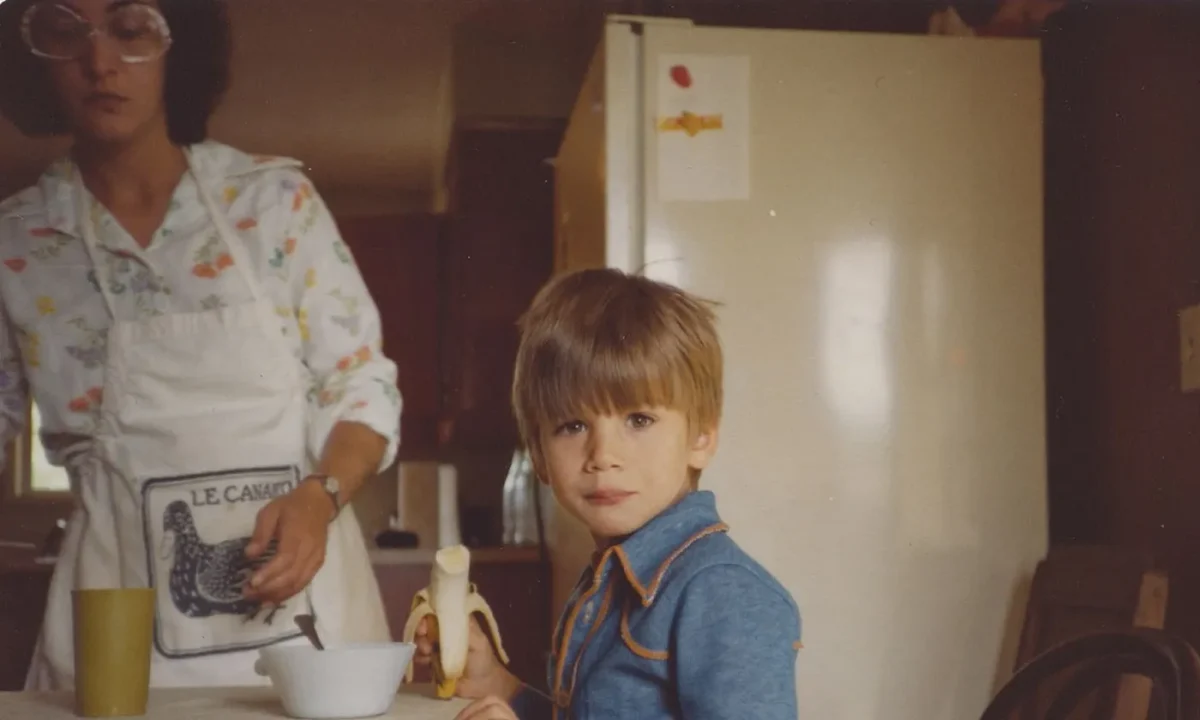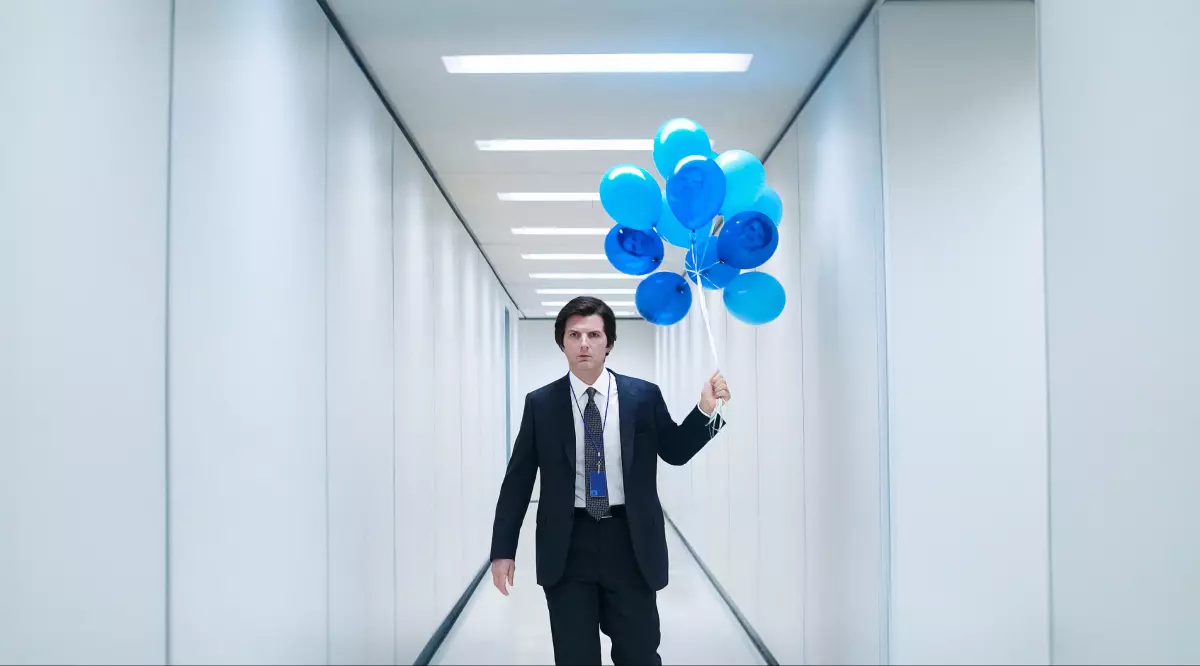In 2012 the multi-instrumentalist, electronic savant and indie production legend, Sufjan Stevens, lost his mother. Three years later, and nearly exactly ten years ago today, Stevens released “Carrie and Lowell,” an emotionally devastating yet cathartic expression of grief, named after his mother Carrie and stepfather Lowell.
Stevens’ relationship with Carrie was complex, as avid listeners of his knew before the record even released. In a standout track “Romulus” off his record “Michigan” in 2003, Stevens describes a childhood where he felt immense shame for and from his mother. Carrie struggled to juggle parenting while battling alcohol and drug addiction combined with schizoaffective disorder.
In “Romulus,” Stevens poignantly sings “We saw her once last fall / Our grandpa died in a hospital gown / She didn’t seem to care / She smoked in her room and colored her hair.”
As such, fans knew a project centered on Stevens’ mother would be emotionally tough to hear. However, Stevens, as always, found exactly the right sound for the record that, combined with the deeply personal and somber lyrics, created a piece of work that feels as much like a looking glass as it does a mirror.
“Carrie and Lowell” proves that deeply personal and specific works can be some of the most relatable, undoubtedly because the authenticity is impossible to make up.
In the opening track, “Death with Dignity,” Stevens establishes over luscious guitar and piano that he has grown away from ill-will toward his mom, singing “I forgive you, mother, I can hear you / and I long to be near you / but every road leads to an end.”
The record continues with this stripped back sound, a return to more acoustic sounds the artist largely had not touched for over a decade back to 2004’s “Seven Swans.” In doing so, Stevens proved he still has as much touch at somber acoustic folk as he does with the fantastical and abrasive electronic multi instrumental epic “Age of Adz,” his most recent record at the time.
The focus of the record is without question Stevens’ poetic and gorgeous writing. The artist’s lyrics continue to overwhelm the listener with emotion ten years later, especially when closely reading the lyrics.
On standout track “Eugene,” Stevens calls back to the descriptive recounting of a connection with his mother and cigarettes, dating back to his previous song, “Romulus.” Stevens mentions dropping an ashtray as a child, doing so merely out of desire for closeness to his mother. Later Stevens sings “Some part of me was lost in your sleeve / Where you hid your cigarettes.”
On “The Only Thing,” Sufjans details thoughts of suicide and asks himself “Do I care if I survive this?” in a gut-punch of a song that ends with the beautifully sung, but devastatingly written bridge, “Should I tear my eyes out now? Everything I see, returns to you somehow / Should I tear my heart out now? Everything I feel, returns to you somehow / I want to save you from your sorrow.”
“Carrie and Lowell” achieved a level of intimacy paired with artistic writing that has rarely been touched outside of 2017’s “A Crow Looked at Me.” Ten years on, and Stevens’ record maintains its role as one of the most important expressions of grief ever made.










